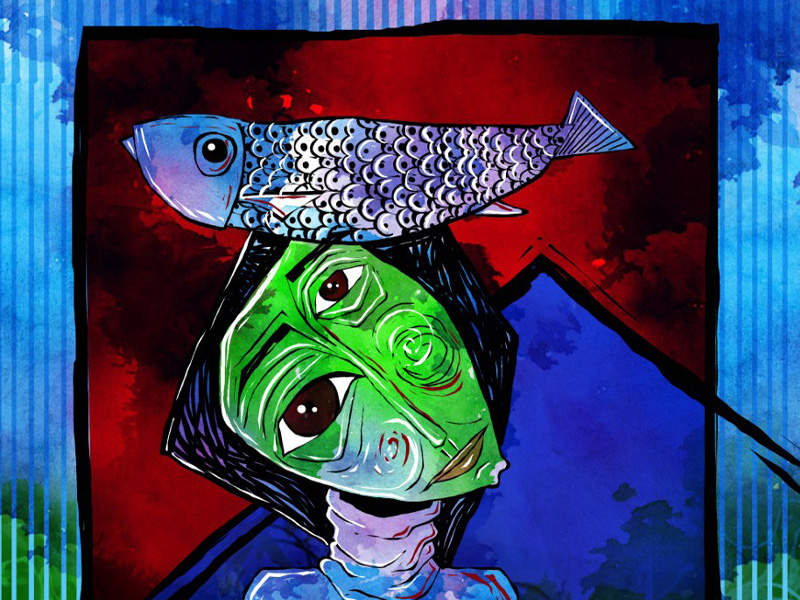Timeless Wisdom and Contemporary Societal Values in Folk Proverbs
Issue 62

Dr. Ahmd Jamal Eid
Researchers and experts in the field of intangible cultural studies have recently paid considerable attention to Egyptian folk literature since it is a cultural resource that must be preserved in all its expressive forms.
Folk proverbs, as a subgenre of folk literature, are characterised by diversity and variation in their popular expressive literary forms, including narrative, anecdote, joke, and even myths and legends. These forms are all mirrors that reflect the complexities and variety of people's lives.
Folk proverbs are made up of people's spiritual and emotional culture, which leads to an analysis of their social intellectual frameworks and every perspective and consequence linked with society, as well as all the paradoxes and complexity that exist within it. They are the guardians of the collective memory of society.
Folk proverbs are like precious stones; their worth grows with time. They provide a concise and instantaneous statement whenever we need them as a means of relief. As the old Egyptian proverb has parallels in the far reaches of Europe, we discover that they are linked to humans everywhere.
The study of the origin and cultural and social value of folk proverbs falls under the umbrella of "literary anthropology," a field through which we can examine the characteristics of society through the lens of oral creative expressions. Folk proverbs have a long and venerable history because they are among the oldest literary means of expression.
Folk proverbs have entered common parlance and carry with them their own authority and significance. Members of society view proverbs as the core of ancestral wisdom and the key to avoiding miscommunication on any topic; therefore, uttering one is enough to put an end to any continuing disagreement. Folk proverbs are often regarded as an effective means of socialisation and the transmission of values and ideas from generation to generation.







































































